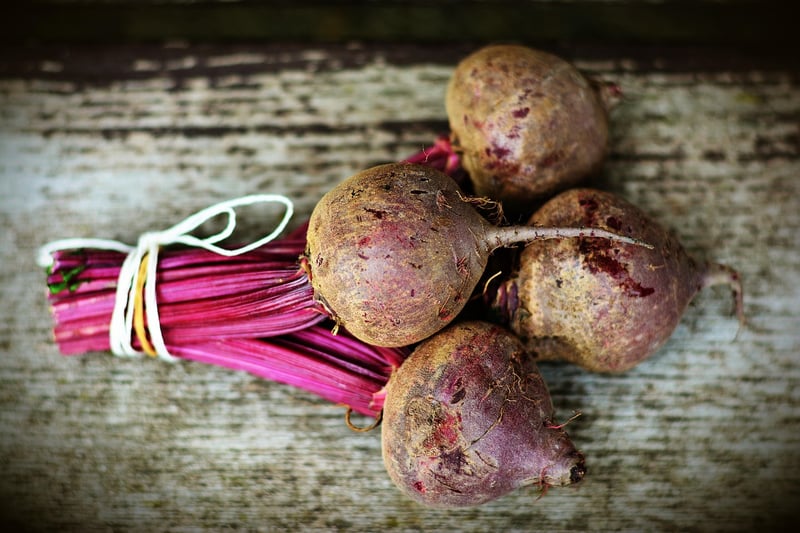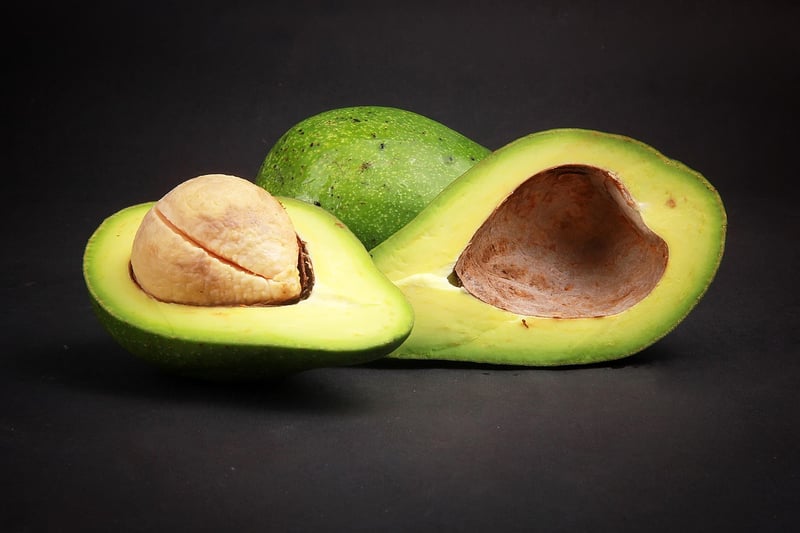Nutrient-Rich Foods
The Importance of a Balanced Diet and Nourishment
Eating a balanced diet is crucial for maintaining good health and overall well-being. A well-rounded diet provides the necessary nutrients that our bodies need to function properly, prevent diseases, and sustain energy levels throughout the day. To achieve optimal health, it is essential to consume a variety of foods from different food groups.
Key Components of a Balanced Diet:
A balanced diet typically includes:
- Proteins: Found in meat, poultry, fish, eggs, dairy, legumes, and nuts.
- Carbohydrates: Obtained from grains, fruits, vegetables, and legumes.
- Fats: Healthy sources include avocados, nuts, seeds, and olive oil.
- Vitamins and Minerals: Found in fruits, vegetables, whole grains, and dairy products.
- Water: Essential for hydration and proper bodily functions.
Benefits of a Balanced Diet:
Eating a balanced diet offers numerous benefits, such as:
- Improved energy levels and productivity.
- Enhanced immune function and disease prevention.
- Healthy weight management and reduced risk of obesity.
- Better digestion and gut health.
- Improved mood and mental well-being.
Nutrient-Rich Foods to Include:
Some nutrient-rich foods to incorporate into your diet are:
- Leafy Green Vegetables: Spinach, kale, and Swiss chard are excellent sources of vitamins and minerals.
- Fatty Fish: Salmon, mackerel, and sardines provide omega-3 fatty acids for heart health.
- Berries: Blueberries, strawberries, and raspberries are rich in antioxidants and fiber.
- Whole Grains: Quinoa, brown rice, and oats offer fiber, vitamins, and minerals.
- Lean Proteins: Chicken breast, tofu, and lentils are good sources of protein.
Remember to diversify your food choices to ensure you receive a broad spectrum of nutrients essential for your body's optimal functioning.

By prioritizing a balanced diet and nourishing your body with nutrient-rich foods, you can promote overall health and well-being in the long run.
